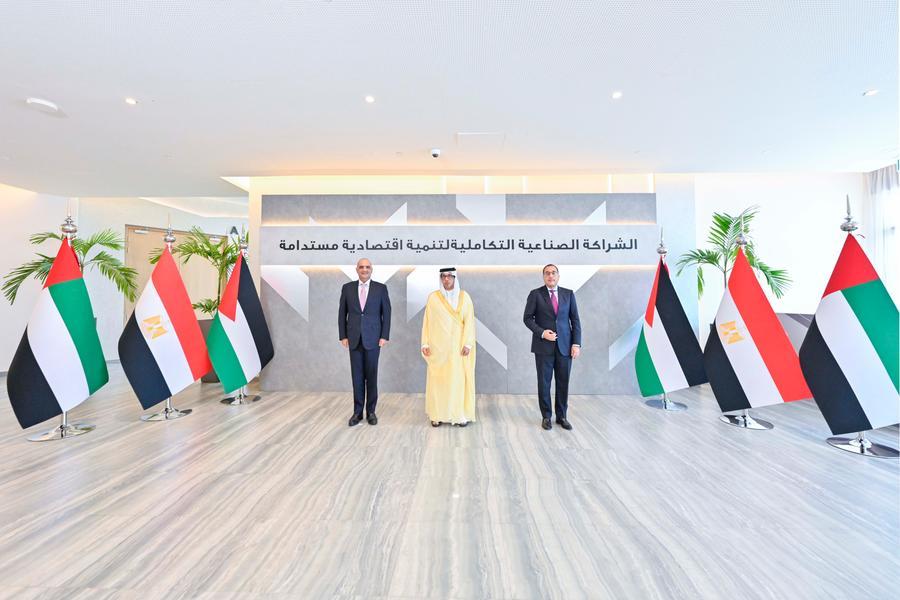|
 |
|
“The founder of the engine has really done something useful to all Muslims,” Abdel Hakam told IOL.
|
CAIRO
— Although it has made its debut only a few days ago, the new ImHalal
search engine is fast winning the approval of several Egyptian internet
users.
“The new engine is great,” Marwa Adeeb, an Egyptian bank clerk, told IslamOnline.net.
“It was a colleague of mine who told me about it. I’ve not stopped using it since then.”
The Islamic search engine, launched last
week, filters internet content and presents users with what its
creators call “clean web pages” that do not contain bawdy material.
It gives Muslims around the world the
chance to search the internet safely without coming across offending or
pornographic content.
Once a user comes into contact with offending content, the engine returns a negative search advice.
When searching offending words like “sex”
or “nudity”, for example, the search tells users that the results
contain “haram” or un-Islamic material.
The world’s first Islamic search engine is
available in 15 languages including Arabic, Chinese, Farsi and Turkish,
as well as English.
In Egypt, where more than 90 percent of
the 80-million population are Muslims and around 12 percent have access
to the internet, the new search engine gives many people exactly what
they have been looking for.
“It will save both internet users and
parents the worry about whether internet can be harmful to the moral or
religious sensitivities of their children,” says an enthusiastic Adeeb.
Like so many young Egyptians, she uses the
internet as long as she is glued to her computer screen, which she does
almost all day-long.
The internet has never been safe for her
in the past. Whenever she logged unto a website or another, her
attempts were never free from the risk of encountering pornographic
material.
Nude pictures and scenes used to pop up, to her irritation.
“Now, I don’t find these pictures with the new search engine,” Adeeb, 26, says happily.
Real Manna
|

|
| “It has made the internet a safe realm,” Ra’afat, a Christian, told IOL. |
While some have expressed concerns the new
search engine ushers a new form of political or moral sensor, the
majority embraced it warmly, saying it protects teenagers, in
particular, from bawdy internet materials.
“A search engine like this one can prevent
crises,” said Abdel Latif Abdel Hakam, who is doing Islamic studies at
the prestigious al-Azhar Univerity.
“The founder of the engine has really done something useful to all Muslims.”
The founder, Reza Sardeha, a 20-year-old
Iranian-Kuwaiti student living in the Netherlands, hopes his new engine
would become the number one search site for every Muslim user.
Surprisingly the ImHalal is also being given a wide welcome mat by the nation’s sizable Christian minority.
Maryam Ra’afat, a Copt, has benefited a
lot from the new engine and says it has saved her and her mother the
worry over encountering explicit materials when surfing the web.
“It’s really great,” Ra’afat, 24, told IOL.
“It has made the internet a safe realm.”
Ra’afat, who works as a freelance journalist, still uses Google and Yahoo for her internet search.
“The new search engine blocks some web
pages and that isn’t always a good thing for a journalist who seeks all
sorts of information.”
|



